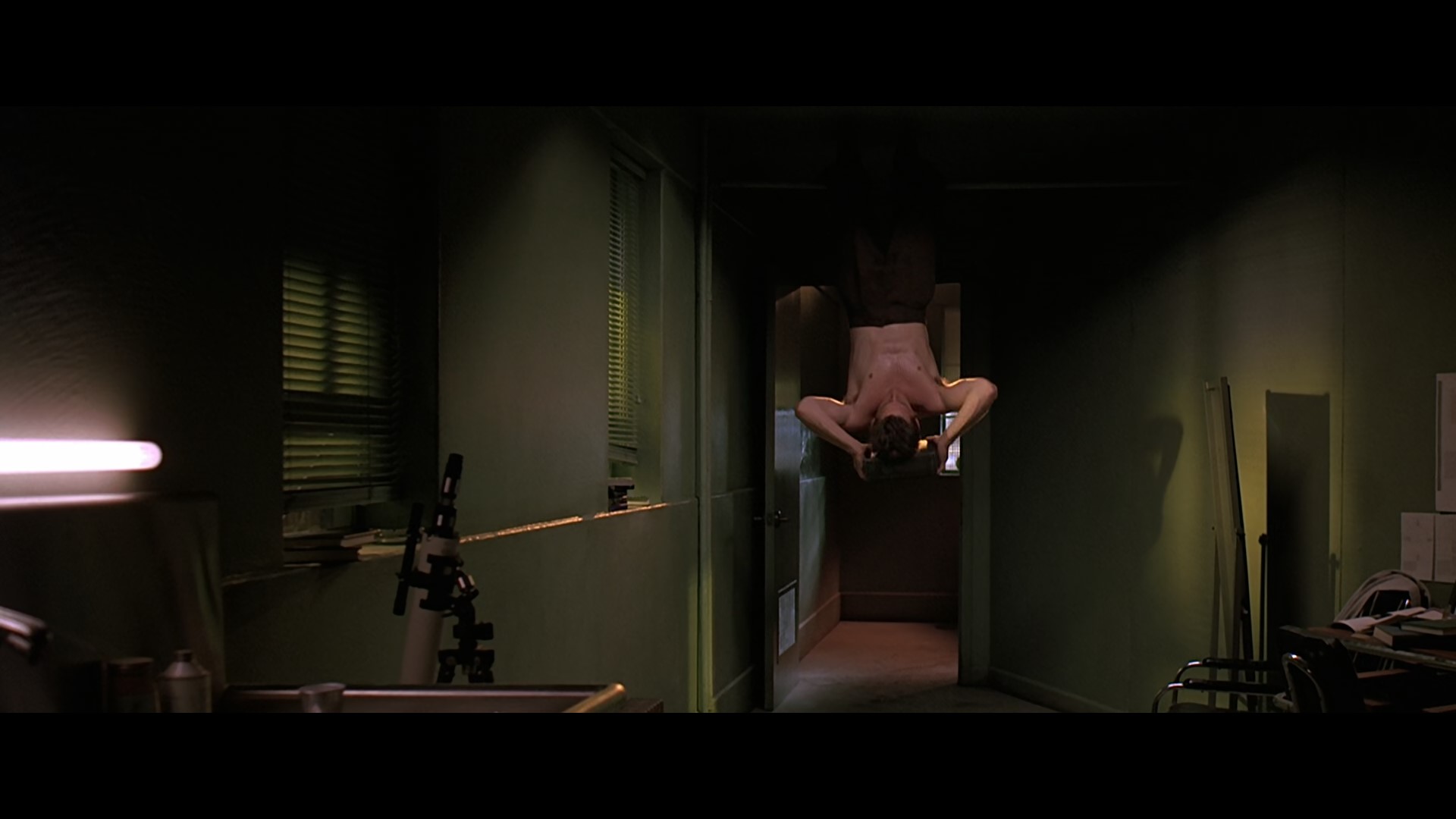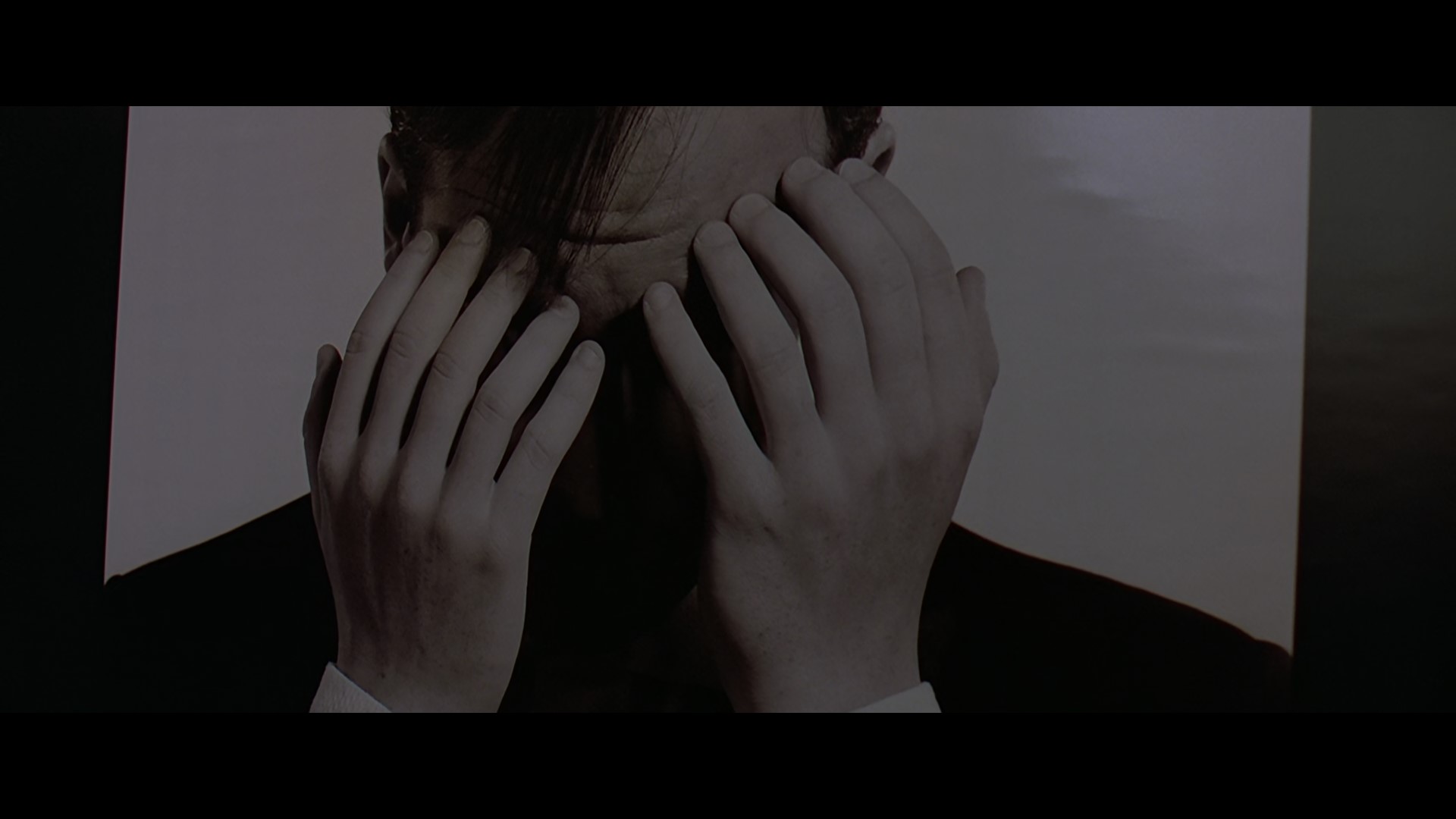The movie Gattaca depicts a futuristic society that uses genetic manipulation to create perfect humans and addresses the discrimination between natural-born and customized humans. It raises ethical issues and social imbalances, emphasizing the need for a cautious approach to genetic modification.
‘Gattaca’ is a movie about the idea of controlling the fate of a child through genetic manipulation. In the futuristic world depicted in the movie, all human genes can be analyzed through skin, urine, saliva, and hair. In that society, the parents’ flaws are eliminated and the child with the best genes is created through artificial insemination. These children are raised to be the elite of the society and are in charge of all important things. However, there are also children who are born naturally. These children inherit the inferior traits of their parents and are labeled as ‘Invalid’ by society. Vincent, the protagonist, dreams of becoming an astronaut, but because he is a natural born child, he is always rejected. The movie shows an extremely controlled society that has eliminated all possibilities for the unqualified. However, Vincent does not give in to this and overcomes his situation by using the power of Eugene Murrow, who has the dominant factor, to deceive society with fake genes.
The movie presents a dystopian future where humanity is ignored and perfection is the highest virtue. In this future society, science is so advanced that children are analyzed as soon as they are born to determine their expected age of death and the likelihood of contracting various diseases, so misfits like Vincent are forced to give up their dreams early on. In the movie, Vincent’s father emphasizes the impossibility of Vincent’s dream by saying, “You should be a janitor to get into that company” and “Who would invest in someone like you”.

Released in 1998, this movie is already 25 years old, but it still offers many points of debate. In particular, I’d like to give my opinion on the debate about “customized humans” created through genetic engineering.
Genetic research has progressed by leaps and bounds since Watson and Crick’s discovery of the double helix of DNA in 1953, and the Human Genome Project, which mapped the entire human genome and revealed the entire sequence of DNA in 1990, has successfully made it possible for us to know all of our genetic information. In the not-too-distant future, we may even be able to create near-perfect humans, like in the movie Gattaca, by eliminating the genetic flaws of the parents before the child is born.
But if that happens, genetic research will be mired in ethical issues, as it always has been. Proponents of “personalized humans” argue that if genetic manipulation is used to treat genetic diseases in children, it could have a positive effect by allowing for early treatment of Down syndrome, Edwards syndrome, and other conditions, but this could also lead to a thorny debate about where to draw the line. For example, there is a wide range of diseases that can be caused by genetics, from cancer, hypertension, diabetes, and heart disease to obesity, hair loss, and malocclusion. While these conditions can also be caused by acquired lifestyle choices, modern medicine recognizes the importance of genetics as a contributing factor, so there’s no reason not to treat these conditions if they can be treated early. However, if the scope of such treatment is expanded, it would be no different from creating a “personalized human being” by excluding the genetic defects of parents. Therefore, the argument that genetic manipulation is necessary for therapeutic purposes seems to lack a clear standard for the scope of such treatment.

We also lack a clear definition of what constitutes a ‘defect’. Just as the disabled man with six fingers in the movie became a great pianist and was praised by everyone, what we think of as a ‘flaw’ can become an advantage when we think of it backwards. And depending on what you want to do in the future, the type of “customized human” you need may change. For example, being taller is an advantage for basketball players, while being shorter is more beneficial for gymnastics, skating, etc. We need to make sure that we don’t allow our beautiful flaws to be overshadowed by a popular, and perhaps as vague as ‘flaws’, measure of ‘superiority’.
The universal production of “customized humans” could also harm human genetic diversity. Since humans emerged 2 million years ago, we have adapted to different environments based on our genetic diversity. However, if customized humans were to emerge, there would be many superior humans in society with genetic defects removed, and the next generation that reproduces would have similarly superior genes, reducing genetic diversity. Therefore, if the environment suddenly changes or an epidemic spreads, there is a risk that populations could become less viable if they do not have the genes to create an immune system that can adapt to the new epidemic. In response to this argument, some have suggested that we could produce “customized humans” that are less susceptible to disease, or that have scientific brains that can better control the environment or epidemics. But this argument is too abstract and unrealistic. We have no idea what epidemics will occur in the future or what environmental changes will occur, and we are advocating for the creation of an imaginary perfect human being with strong immunity and intelligence.
Finally, the creation of a “customized human” would itself lead to social imbalance. In the movie, Vincent is born a naturally conceived “Invalid,” while his brother Anton is genetically engineered to be a “Valid.” The two are dramatically compared in the movie. Vincent became an astronaut through hard work and deception, while his brother Anton was able to climb the corporate ladder a bit more easily due to his superior genes. In other words, a “customized human” like Anton is born into the upper echelons of society, while a “natural human” like Vincent, born into a traditional marriage, is treated as inferior and pushed to the lower echelons of society. In the real world, creating a “customized human” would require a lot of money. In that case, people who are currently in the upper echelons of society can create a child with superior genes so that the child will also be in the upper echelons of society, but once they are pushed to the lower echelons, they will not be able to give birth to ‘customized humans’ and face a situation where social polarization intensifies and hierarchy is inherited.
In other words, we need to take a critical view of genetic manipulation that makes a virtue out of innate superiority, as the absurdity of the future world portrayed in the movie suggests. If genetic manipulation becomes possible in the not-too-distant future, it will require careful consideration before we rush to adopt it.
 I’m a blog writer. I want to write articles that touch people’s hearts. I love Coca-Cola, coffee, reading and traveling. I hope you find happiness through my writing.
I’m a blog writer. I want to write articles that touch people’s hearts. I love Coca-Cola, coffee, reading and traveling. I hope you find happiness through my writing.